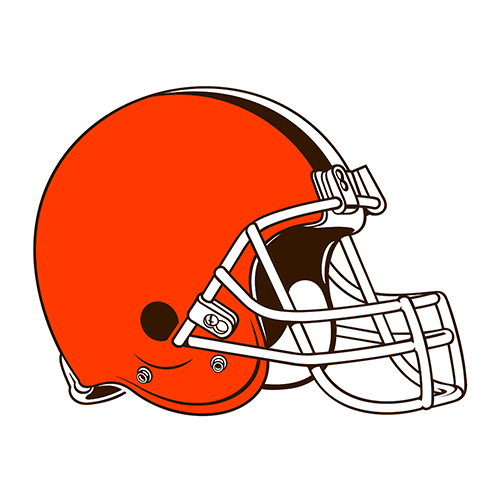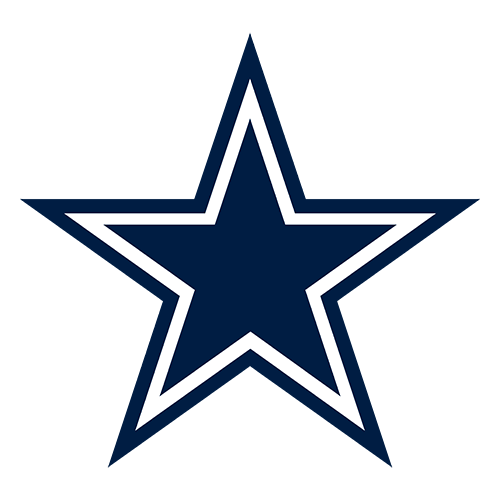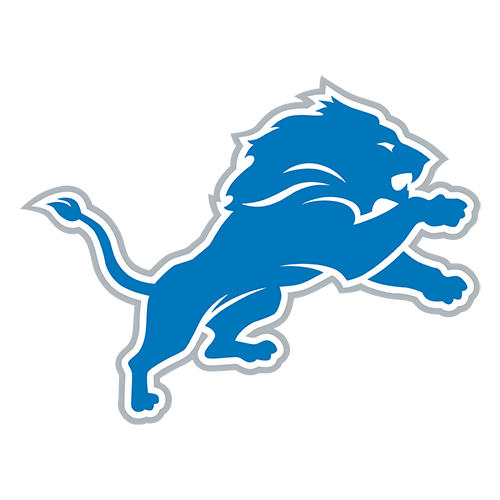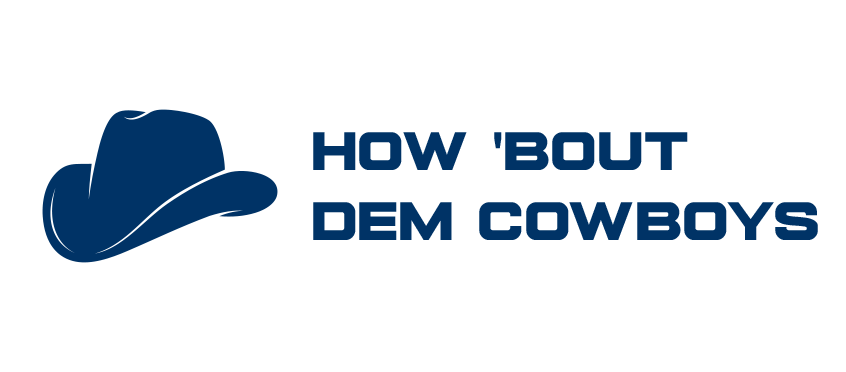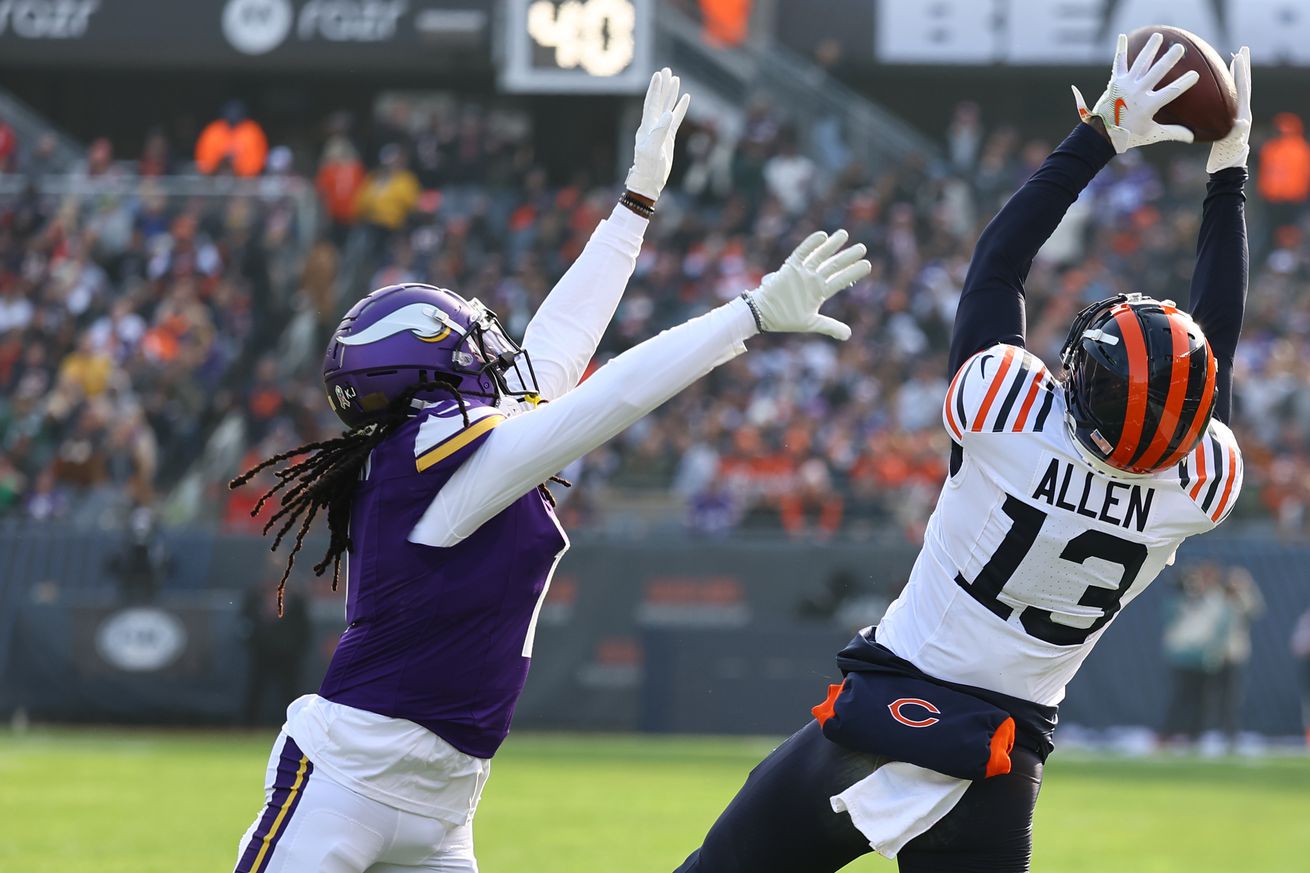
Dallas may have been waiting until this week to sign certain veteran free agents. Here’s why.
The Dallas Cowboys sure do love their compensatory draft picks. The front office has often licked their lips when discussing additional firepower on draft weekend, and even how they factor in the compensatory formula with their offseason strategy. It wouldn’t be surprising, then, to see the team make a move in the next few weeks.
According to league rules, as of this past Monday afternoon, any free-agent signings no longer count toward the calculation of next year’s compensatory picks. Before Monday, any free agents whose previous contracts had expired could negatively impact the Cowboys’ eventual haul of extra draft capital.
Also a reminder on the comp pick formula, per Over The Cap: signings made after 4 pm EST on the Monday after the NFL Draft (so, today) will not be included.#Cowboys pic.twitter.com/t5baE6XR3h
— Joseph Hoyt (@JoeJHoyt) April 29, 2025
Not all free-agent activity affects the formula. Re-signing your own, as they did with Osa Odighizuwa, KaVontae Turpin, and others doesn’t matter. Nor does signing players who were released by their former teams before the end of their contracts, such as Miles Sanders. Also, the deal has to be big enough to make a meaningful difference. So the budget-friendly signings of veterans like Javonte Williams and Robert Jones probably won’t cost them next year.
This is far from the only reason, or even the primary one, that teams wait until after the draft to sign additional veterans. Mainly, they’re trying to patch up any holes that didn’t get addressed by the new rookies and fill out their 90-man offseason rosters. At this stage, many of the remaining unsigned free agents probably aren’t expecting much in these later stages of the offseason.
That said, a couple of high-profile wide receivers like Keenan Allen and Amari Cooper may not be willing to play for peanuts, and that’s where this shift in the compensatory rules is most relevant. Dallas went into the draft needing another starting WR and didn’t even throw a late-round pick at the position. It is now their clearest and most present danger for the upcoming season, putting the top remaining free agents into more fervent conversation.
Not having to worry about the compensatory formula removes one deterrent for the decision-makers. There are plenty of others given their ages, declined production, and of course Cooper’s previous run in Dallas which ended poorly. But if they believe either veteran can come in and offer a better option than Jonathan Mingo or Jalen Tolbert, then that’s what really matters now with ever-dwindling options.
Another option with no bearing on compensatory picks is a trade, and those who aren’t high on Allen or Cooper would rather see the Cowboys swing a deal for a new WR2. The Jones family alluded to trade talks before and during the draft, and there’s a report that Dallas was talking with Pittsburgh at one point about George Pickens. So all of this free agency talk may be for naught if this is the route they eventually take.
At the very least, should they continue to add free agents, the Cowboys no longer have to worry about hurting their 2026 compensatory picks. With WR still a glaring need after the draft, and additional depth needed at other spots as well, the team’s offseason business is far from over. We’ll see how Dallas takes advantage of this additional freedom in the coming weeks.
